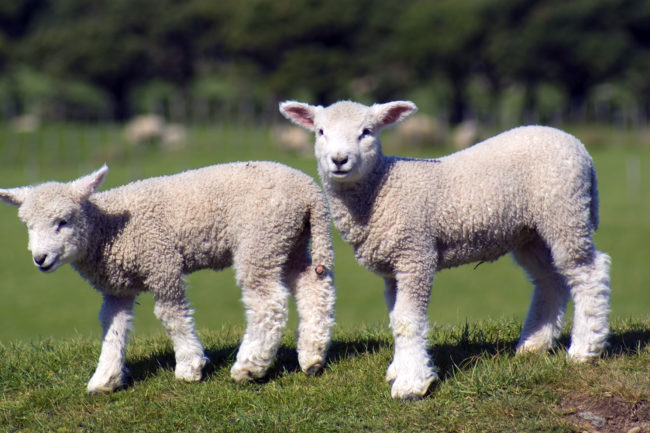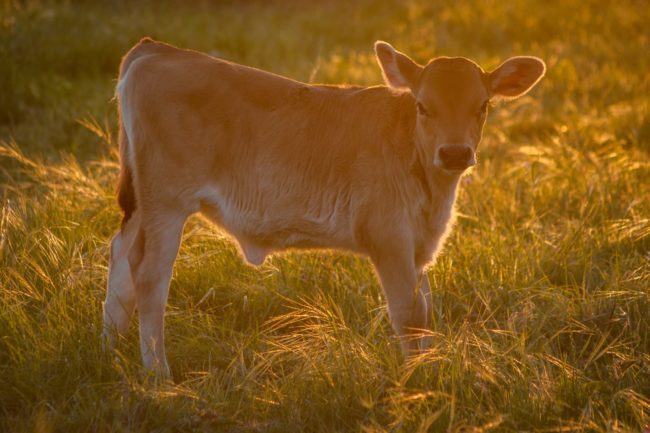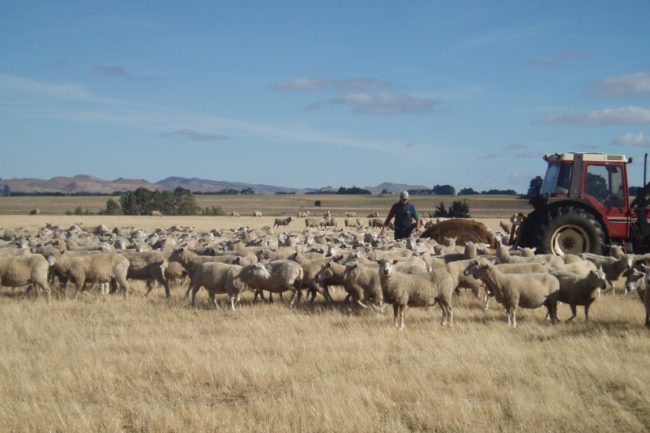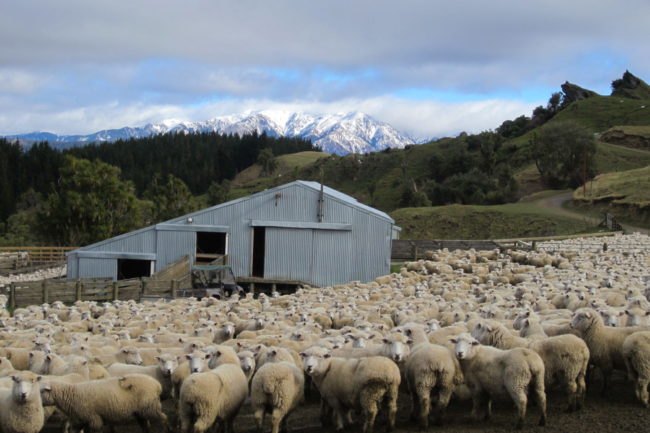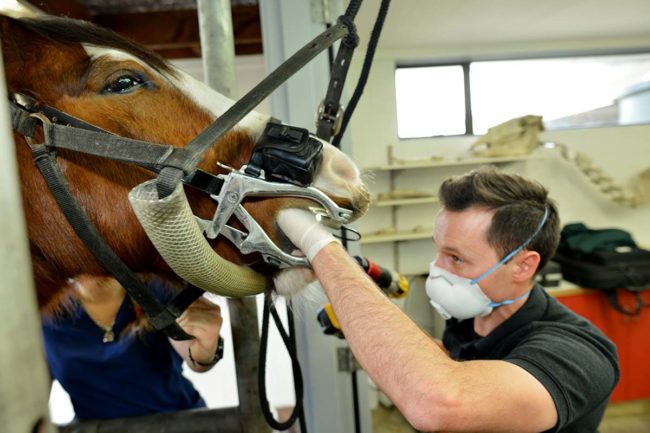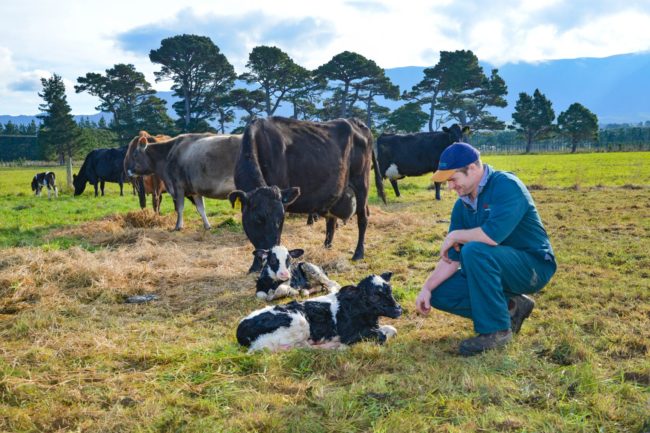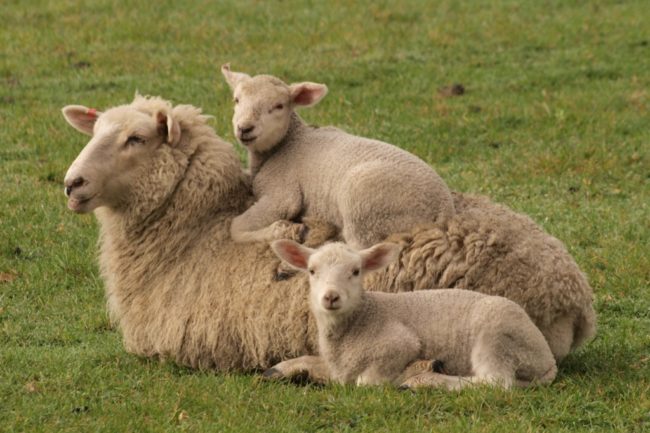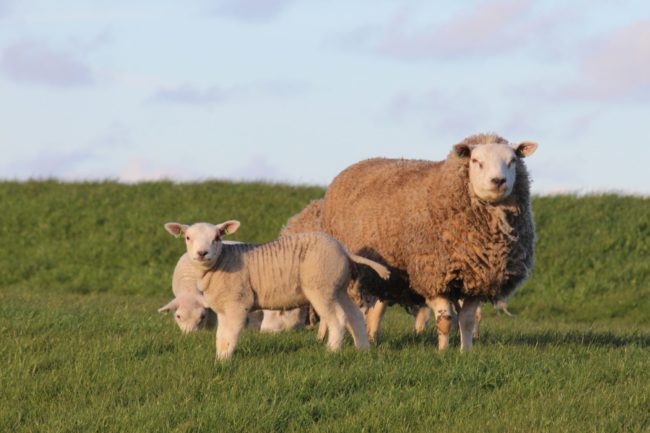Orphan Lambs and Lamb Rearing- Best practice
By Helen Taylor- Veterinarian, Vet Services Hawke’s Bay. Rearing orphan lambs can be an enjoyable and rewarding job for a whole spectrum of people – from a lifestyler with a couple of pets lambs to the owner of a highly productive stud flock fostering triplet lambs of high genetic merit. Pet lambs are also easy…
Details


